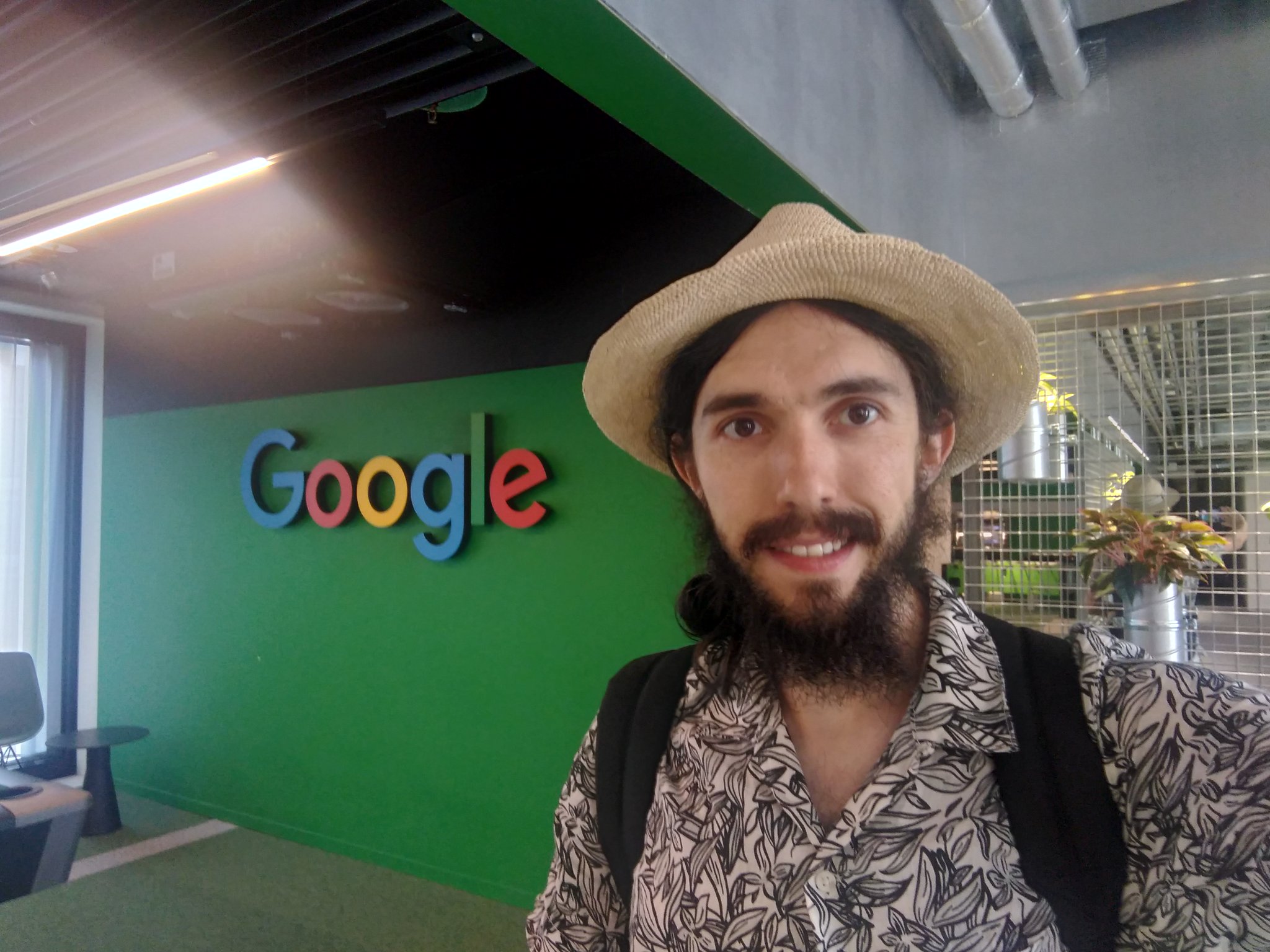Thread
Yesterday was my last day of working at Google. Perhaps this comes as surprise to you twitter folks, as I haven't widely announced that I left academia to try something new. Here's what I learned in 9 months as a Data Analyst who (temporarily) left Astronomy for Big Tech. 1/n
1) As an academic, you bring great skills into the tech world. E.g. agility, i.e. the skill to jump into something new and get things done when the situation is ambiguous is highly valued. Even if academics are not aware of it, their daily job trains them for this. 2/n
2) Skilled workers are in high demand. I talked to several Astronomers who thought it impossible to switch to Tech because they "lack" skills. Let me tell you: you know how to program, you know maths, you can write, you can give presentations. You ARE highly skilled. 3/n
3) This one surprised me most: getting to know people is much more important than I had ever imagined. I set up meetings with people I didn't know in the org every week to get to know them. Half an hour chats are so valuable to establishing networks... 4/n
I highly recommend doing that in research as well. Seen a research paper? Why not send the team a mail to ask for a quick chat? The worst thing they can say is no. 5/n
4) I learned of the concept "don't be a hero". If the work only can be done by doing weekends/late nights, the system is flawed. If you do it, then you are hiding the underlying flaws, which will not fix the problem. Sticking to a reasonable working load is key. 6/n
5) Similar, you are replaceable, so don't think you HAVE to solve every problem the company has. You are employed, so act employed and don't get personally invested (I literally burned my fingers on that one). You need a different attitude than in academia. 7/n
6) Money can buy happiness, but pursuing money for the sake of money will not bring joy. If all your existential needs are covered, there are better ways to gain happiness than chasing a better salary. 8/n
7) Diversity of backgrounds in a similar role is much higher than in academia. As Data Scientist you can have people from all different backgrounds, whereas in your academic environment most have very similar paths. I had chats with e.g. former hackers and pro poker players. 9/n.
8) Other people (i.e. management) choose what you are going to do. So you may be stuck with work you don't enjoy. This happens often, but it's easier to move jobs as in research. 10/n
9) Age is much less important than in academia. We academics are very used to the concept of "this position is for ECRs up to 5 years after Ph.D.". In the industry, that would be considered discrimination (well, it is, isn't it?). People get hired for their skills, not age. 11/n
So would I recommend leaving academia for the industry? It depends. It certainly is an alternative to consider, especially when research doesn't bring you fulfillment. I personally have the privilege to move back into research, and I am very happy to do so. So there's my choice.
I think I learned more and grew more this year at Google than I would have in yet another year as a PostDoc. So I don't regret this break. However, there are also many great things about research, e.g. the agency to work on what really interests you, ownership of your work etc.
Some things I take with me when coming back into academia: 1/m
1) Don't overwork to get a paper done. It's so ridiculous to think I worked Christmas/New Year to get a paper finished. Did it matter? Nope. Did it hurt my well-being? Hell yes. 2/m
2) Reach out more to other people and chat with them. I intend to talk with others outside my team at least once a week. Let's see how open academics are to such requests, but I'm optimistic. 3/m
3) Worry less about permanent positions. I now know with our skill sets that I will find an interesting job outside of academia if it doesn't work out. So don't stress over it. 4/m.
4) Take my mental health much more seriously. It's okay to rest, to say no to projects, and most importantly, to get professional help. 5/m
5) When possible, only work with people I enjoy working with. This agency is one of the big advantages of academia. I will decline collaborations with people who will have a negative impact on my well-being, even if it would benefit my career. It's simply not worth it. 6/m
Thanks for bearing with me up to this point. If you want to further chat about any of this, or just in general about life, the universe, or pizza, drop me a DM.
I am very much looking forward to working on galaxies again.
I am very much looking forward to working on galaxies again.
